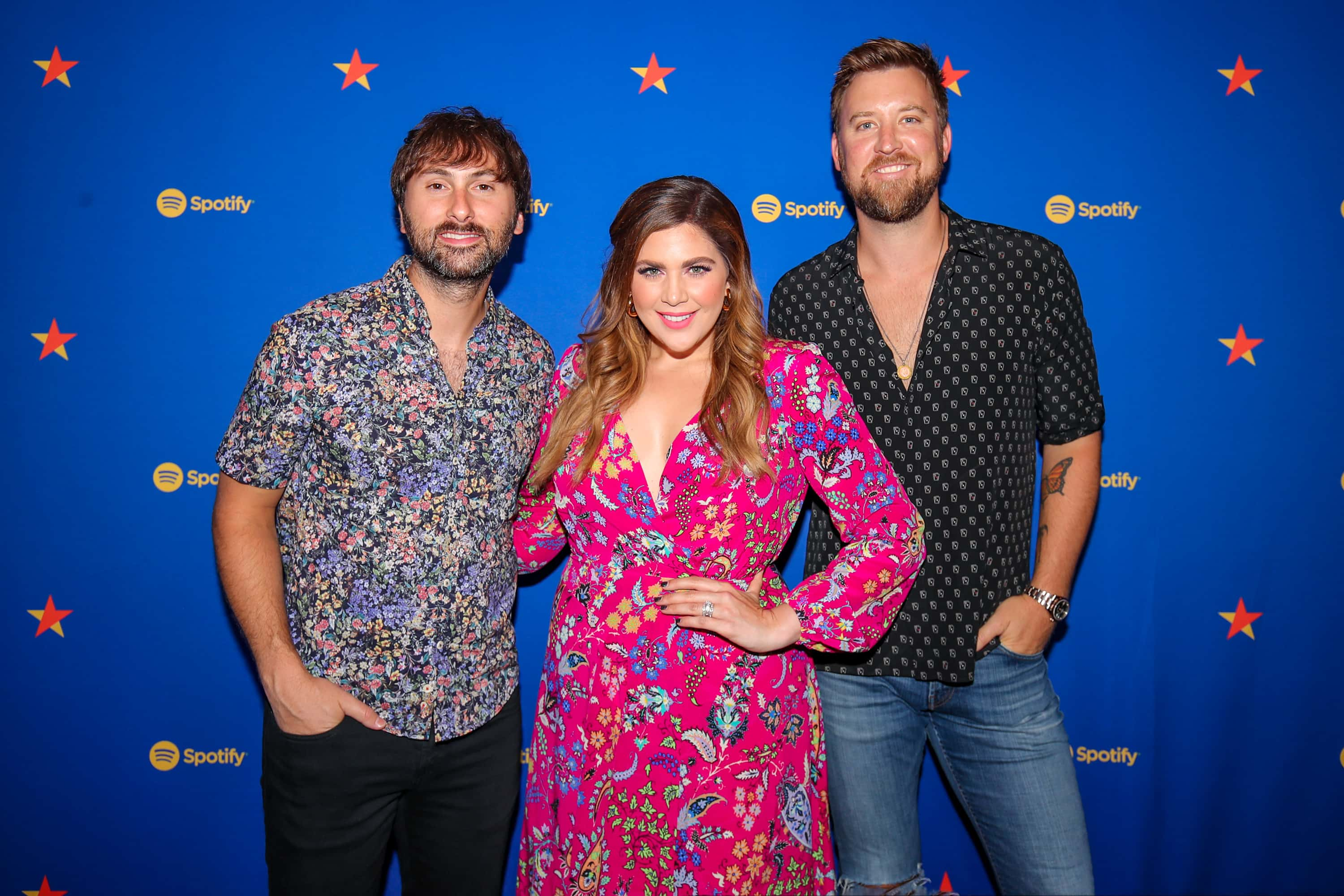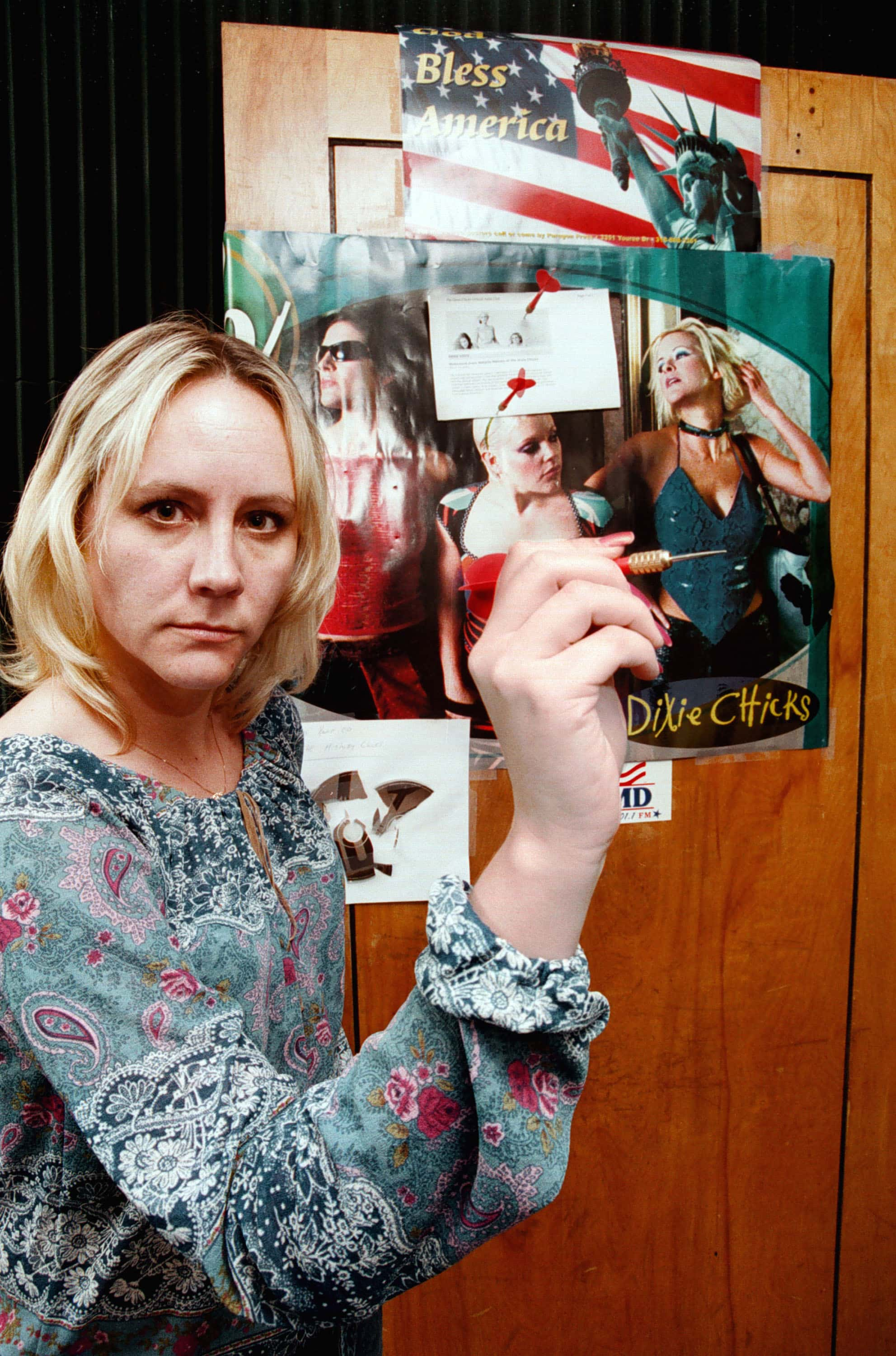Independence Day: Patriotism in music is a double-edged sword, one that can either make or break an artiste

Music connects people. It has a unique ability to unite people from various backgrounds and communities, enabling them to smash through the walls that keep them apart and work together towards common goals and important social causes. But when the concept of national identity seeps into themes being reflected in contemporary music, it can take a unifying art form and turn it into a battlefield of its own.
Arguably one of the biggest reasons for this is that national identity can often stand at odds with the loyalty one might have to their own values or those of their communities. In America, patriotism is often reflected in the love expressed for veterans, the flag, long-standing traditions, or an almost romanticized view of earlier times, most recently noted in debates around the use of words like 'Antebellum', which, due to its ties to slavery, has prompted groups like Lady Antebellum to change their name to simply Lady A, an act that comes with its own set of talking points.
But how does one reconcile these acts of national pride with individual views on important sociopolitical issues? For instance, can one be proud of their American heritage while also questioning the actions of the State? Can an artiste proudly represent The Stars and Stripes while also critiquing police brutality and actively supporting the ongoing Black Lives Matter protests?

In American music, the country genre is probably the one most notably patriotic in its leanings. When it comes to honoring the red, white, and blue and everything it stands for, no other genre does it quite like country. The history of military themes in American music isn’t particularly new, with songs as far back as the 1890s being written to support the Spanish-American War. This was, after all, an important time for America since it was when the country saw an opportunity to unite the North and the South after the two found themselves divided owing to the Civil War and its aftermath.
More specifically, it was a way to bring white northerners and southerners together. And the use of military and pro-war themes only continued, with the roaring ‘20s producing tracks like Fiddlin John Carson's 'Dixie Division', a tribute to the 31st Division of the US Army. With World War II, however, country and folk music became almost synonymous with American pride. Elton Britt's 'There's a Star-Spangled Banner Waving Somewhere' was one of the most popular WWII songs, chock-full with gut-wrenching wartime stories of a disabled man pining to be on the frontlines but unable to perform his duty to his country.
Radio shows like the Grand Ole Opry were soon playing up patriotic themes and by the '60s, this relationship between patriotism and country music was sealed with the US Air Force-created program Country Music Time encouraging military enlistment alongside popular country tunes. The program lasted all the way through to 1986 pairing country artistes with Air Force recruitment representatives with some of the earlier shows featuring live recordings and inadvertently leading to the government inadvertently creating an archive of country music hits.
But as strongly patriotic as country music tended to be, there were just as many artistes releasing protest music that boldly criticized American politics. One of the most notable of these was Bob Dylan, who sharpened his brand of country-folk-blues with multiple protest anthems on his 1963 album 'The Freewheelin' Bob Dylan'. Dylan would go on to be one of the most high-profile names to be associated with the Civil Rights Movement. But arguably the most memorable instance of an artiste exercising their right to free speech in protest was The Chicks (formerly Dixie Chicks) whose lead singer Natalie Maine, told a London audience just days before the US invasion of Iraq in 2003 that she was "ashamed" President George W Bush was from Texas.

The statement was in response to what many perceived to be war crimes being committed by the US Army in the Middle East. The Chicks were hardly the first to be vocally anti-war, with the ‘60s and ‘70s seeing a massive rise in protest music including from artistes like Dylan and John Lennon (who himself often faced off against the powers that be for being vocally anti-war), but they were perhaps one of the first in contemporary music to deal with the kind of openly violent backlash that followed, which ranged from nationwide boycotts to death threats to being so strongly blacklisted they were almost wiped from the face of music entirely. Country musicians, it appeared, had to honor Southern pride, or they would be treated as traitors.
Criticisms of American politics and its overseas war were even more audible from other genres, with rap and hip hop being the most vocal in this regard. Black artistes, in particular, have a long history of releasing some of the most emotionally-charged protest music that addresses the double-sidedness of American patriotism which calls for both loyalties to American values as well as silence when those very values are being violated in an attempt to maintain the facade of a peaceful America. But unlike country music, black music spoke to a different American experience, one that found fans not just within black communities, but among marginalized groups all over the world.
Probably one of the greatest examples of this in modern hip hop is Childish Gambino's 'This Is America', a song that both highlights some of the joys of African-American culture, including song and dance set against the country's greatest flaws, particularly its propensity to commodify social pain and use it as a smokescreen to hide the reality of violence besieging the country's most marginalized groups. But contrary to the backlash protest music has received from all corners for being 'anti-American', Gambino's song earned high praise from critics, in addition to several awards, with its social and cultural impact being its greatest achievement.
Guthrie Ramsey, a music history professor at the University of Pennsylvania shared, "Part of the brilliance of the presentation is that you go from this happy major mode of choral singing that we associate with South African choral singing, and then after the first gunshot it moves right into the trap sound." In addition to reflecting the contradictions of existing in America, this song also reflected the diversity of the African diaspora and perhaps that's why it was such a hit across communities, African and beyond. While outwardly a criticism of the American way of life, it still found itself being held in high regard, continuing to be invoked years after it was released.
Ultimately, music is one of the most expressive and potent forms of self-expression. Whether a song espouses national pride or denounces what an artist perceives as national crimes, it’s an interesting tool that allows communities to come together or fall apart. Patriotism in music, however, is a double-edged sword. It either gives millions of people worldwide a voice, or it strips away the voice of an artiste who dared to go against the tide and speak for those that often go unheard. And it might not always be easy to predict exactly which response an artiste is likely to get for speaking their mind.










